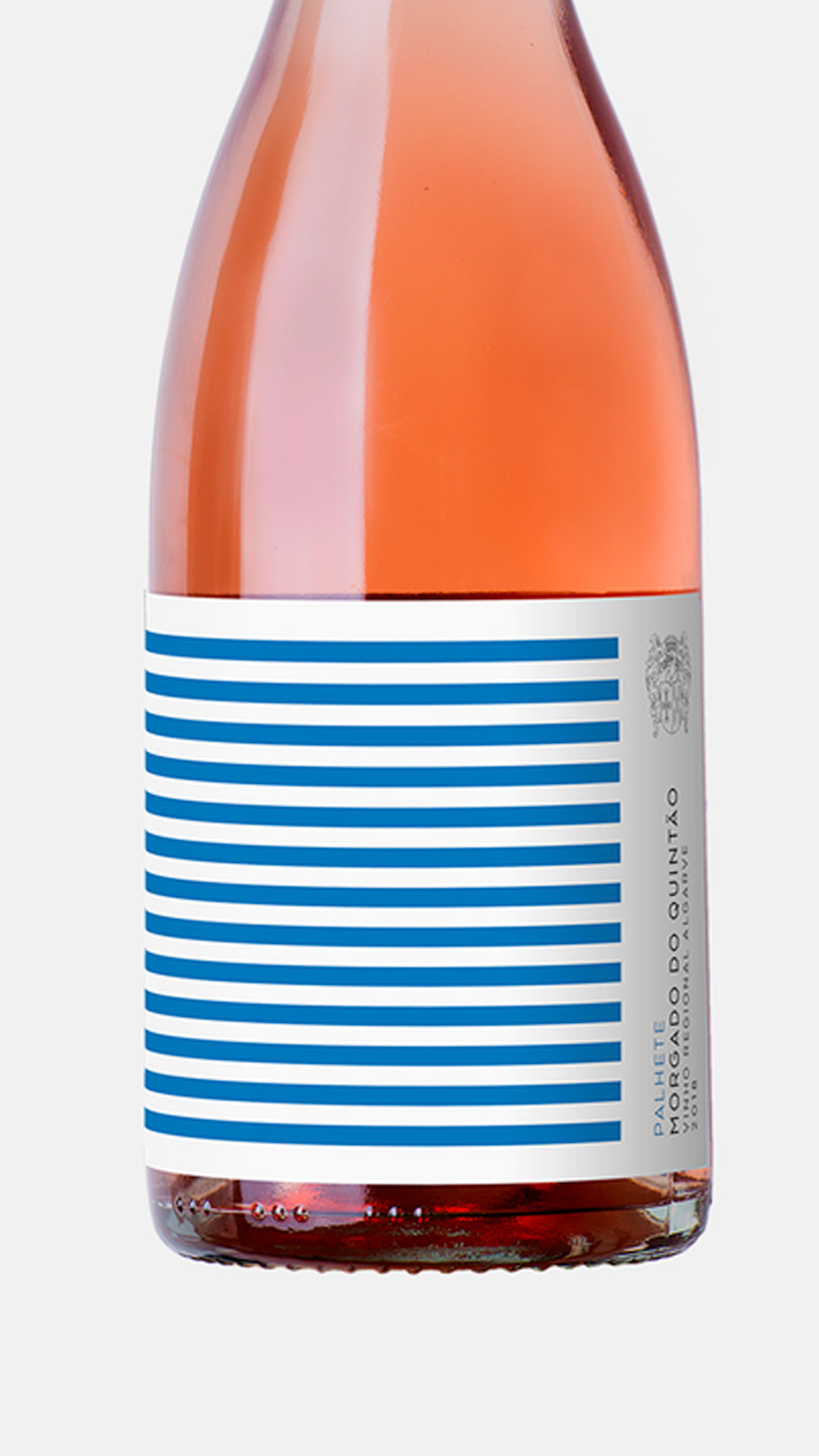
Light, fresh and full of tradition, palhete is making its way back to Portuguese tables. Discover what makes it unique — and where to taste it.
What is Palhete wine?
Palhete is a traditional Portuguese red wine made from a blend of red grapes with a small proportion of white grapes — typically up to 15%. Common in old field blend vineyards, this practice was once linked to small-scale, family winemaking, but is now being revived by a new wave of innovative producers.
Though classified as red, palhete has a light ruby colour, low extraction, moderate alcohol (11–12%), and a refreshingly light body — perfect for drinking slightly chilled, especially on warm days.
A wine with history
The term palhete is unique to Portugal and refers to the wine’s paler colour compared to traditional reds. One of the oldest examples is the Medieval Wine of Ourém, produced since the 12th century using both red and white grapes (notably Trincadeira and Fernão Pires).
Historically, this style was born from the logic of mixed vineyards, where all grapes were harvested and vinified together, regardless of colour. The result: a direct, authentic wine that speaks clearly of its terroir.
Tasting profile
Colour: Light ruby, sometimes with pinkish highlights
Aroma: Fruity, light, with notes of fresh red berries
Palate: Light-bodied, subtle tannins, vibrant acidity
Alcohol: Usually between 11% and 12%
Serving: Best served between 12ºC and 14ºC
How and when to drink it
Palhete is extremely food-friendly. Its lightness and freshness pair beautifully with:
-
Grilled or roasted fish
-
White meats and oven-baked dishes
-
Grilled sardines (yes, it works!)
-
Vegetarian cuisine and seasonal vegetable dishes
Perfect for outdoor lunches, snacks and relaxed moments.
Where to try a good Palhete
At Vinha.co.uk, we highlight:
-
Morgado do Quintão Palhete: a traditionally inspired wine made from old vines and fermented with wild yeasts.
-
Entusiasta: known for its aromatic complexity.
-
Vale da Capucha: elegant, fresh, and versatile with food.
-
Palhete do Tareco: an amphora-aged wine that blends tradition and a modern touch.
Did you know?
The word palhete comes from the Portuguese for “pale” or “light reddish”.
Although once rare, this style is gaining fans — especially among those looking for lighter, lower-alcohol wines with a natural, artisanal character.
Some palhete wines are aged in clay amphorae (talhas), deepening their ancestral roots.
Final tip
This summer, try a well-chilled palhete. It’s one of the most authentic ways to rediscover Portugal’s wine heritage — in a glass that’s light, vibrant and full of history.

